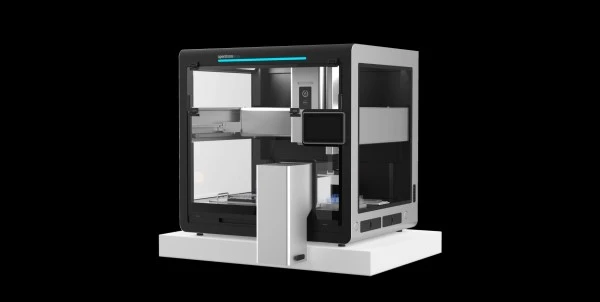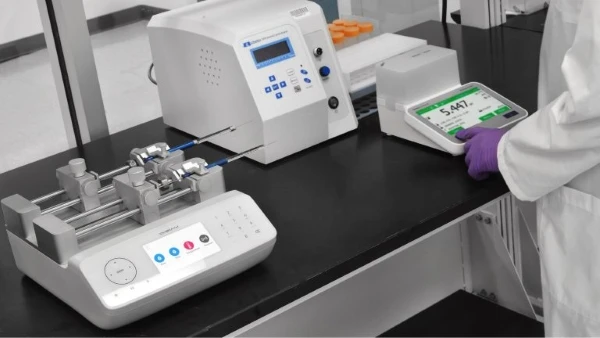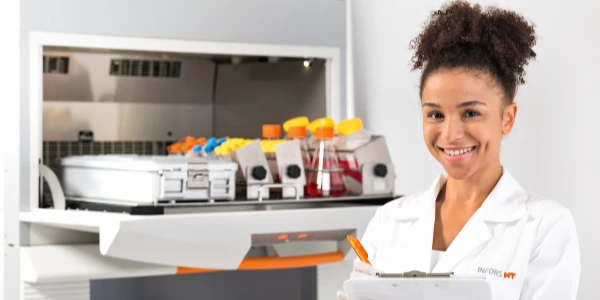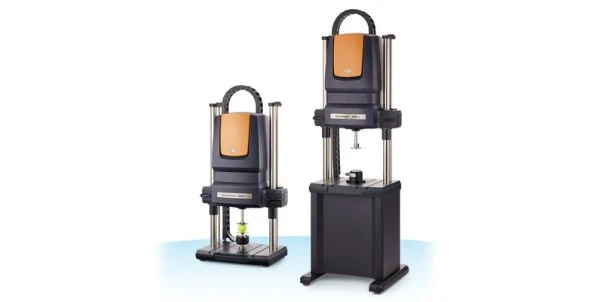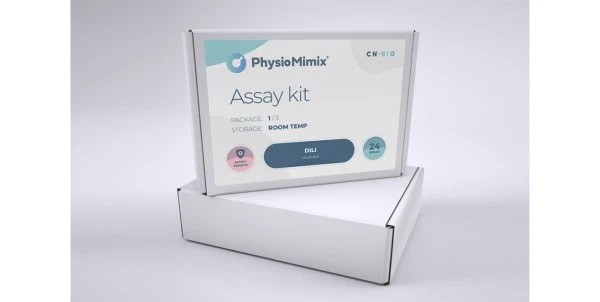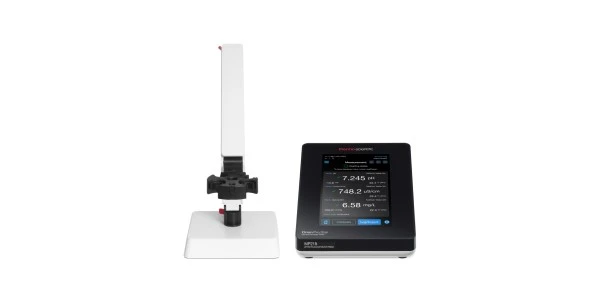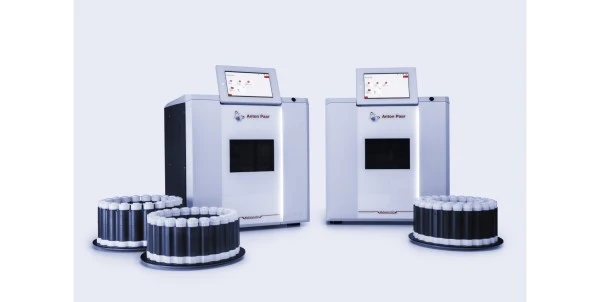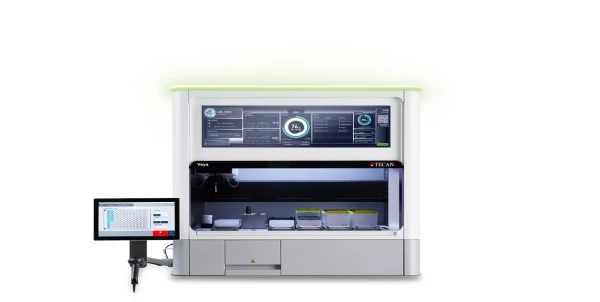
The Artel PCS Pipetting Quality Management System
A complete in-house solution for ensuring pipette performance, standardized and dependable operator technique, and compliance.
Pipettes are universal tools used in the vast majority of labs. Pipetting technique and pipette performance are both critical for the success of lab procedures and operations. Technique is usually adopted from other personnel in the lab and pipette performance is typically left to third party calibration services, if addressed at all. The lack of best practices, inadequate calibration protocols, and insufficient training and assessment represent significant unmet needs in the lab. When considered in the context of resource costs and loss of productivity, this void becomes even more apparent.
The Artel PCS is a pipetting quality management system that confronts these concerns head on.
The system addresses pipette performance through scheduled and detailed calibrations and interim performance verifications. Operator technique is assessed and can be corrected, if necessary, with regularly scheduled trainings and re-assessments as appropriate for each operator. All pipette and operator performance data are documented and stored for laboratory management and compliance tracking. In all -- the PCS is ideal for ensuring pipette performance, for standardizing pipetting technique and assessing user competency -- and represents well-proven technology that can provide a strong return on investment for labs concerned with quality, productivity and compliance.
Although pipetting is universal and essential, many labs fail to understand the impact of improper pipetting performance. Inaccuracy and lack of precision can have disastrous consequences on experimentation and on patient test results. Relatively small volume transfer inaccuracies in serial dilutions, involving the step-wise propagation of solutions, are amplified upon each pipetting step and can result in significant errors. Pipetting inaccuracies can affect procedures in which tightly defined solutions are required, and mistakes in pipetting might not be evident until further along in the testing or assay process, making correction expensive and wasteful and potentially contributing to misdiagnosis.
Calibration and Performance Verification
Attempts to thoroughly address pipette performance have traditionally fallen short of the mark. Labs often enlist third party calibration services to calibrate their pipettes, clean and replace faulty seals, plungers, and other key components. The pipettes are calibrated either on-site or sent to an off-site testing location. Not only does this create an inconvenience to the lab due to pipette downtime, but the integrity of pipette performance now depends solely on the reliability of the calibration service, and – if the pipette is sent out – makes the tenuous assumption that on return, the pipette performs identically in the user’s lab as at the calibration facility.
The PCS is designed to identify sources of pipetting error in order to prevent inaccuracies and deleterious effects on lab operations – in-house.
- The PCS provides for calibration of single channel pipettes from 0.1 to 5000 µL in under 3 minutes.
- An intuitive dashboard provides overviews of calibration scheduling and operator assessments.
- The system supports digital review and approval workflows.
- Tight performance specifications are achieved irrespective of the lab type or its environmental conditions.
The fact that calibrations are performed in the lab where the pipettes are used offers a number of advantages: Calibration in the working lab eliminates the risk of performance changes due to environmental differences between sites. Pipettes are out of service just momentarily, eliminating the need for excess or duplicate inventory. Pipettes are kept on-site, simplifying asset management. Customizable calibration scheduling ensures that the best possible accuracy and precision is maintained according to the needs of the lab.
Pipette Operator Assessment
The operator assessment function is a unique and valuable feature of the PCS. The precision of operators’ technique is equally important to the performance of the pipette itself. Often overlooked, standards and best practices for technique are not typically part of training in the lab. More likely, technique is adopted from other lab personnel or previous experience and therefore inherently fraught with variability.
The PCS allows operator assessment through customizable test plans and enables regularly scheduled or ad hoc reassessments when needed.
- The dashboard provides a complete overview for managing the status of each pipette and operator, from anywhere in the organization.
- The system allows the design of training performance with custom tolerances based on specific lab requirements.
- The system enables management of an organization’s entire pipette inventory: with scheduled calibrations, interim performance checks, email notifications, calibration reports, pipette calibration labels, and more.
As a complete pipette and operator performance assessment and inventory management system, the PCS is ideal for standardizing pipetting technique and assessing operator competency.
Pipette and Operator Management and Compliance
The detailed control of all calibration, training, and operator assessment activities – combined with the inventory management features and streamlined workflow- equals a system that supports tight regulatory compliance requirements.
- Provides comprehensive reporting, including audit trail.
- Generates results traceable to national (NIST) and international standards (SI units).
- Complies with regulatory requirements (ISO, CAP, CLIA, CLSI).
- Facilitates compliance to 21 CFR Part 11.
The PCS includes user authentication, user privilege management, and electronic signatures. As well, the system allows versioning of calibration and training plans, and provides a complete audit trail. All test plans and schedules are fully customizable, and test results can be reviewed for acceptance from anywhere within the organization.
Essential Laboratory Investment
Labs have struggled in the past to establish proper calibration, operator training and assessment, and management standards for pipettes. No matter the size or focus of the lab, accuracy and precision of pipetting is paramount and can be extremely difficult to track and rectify without a powerful, objective, and proven on-site solution to assess both - pipettes and operators.
The PCS was designed to alleviate those concerns and more. The seamless integration of the instrument and software provides for simple yet effective calibration, allowing custom specifications and scheduling tailored for each lab. The operator assessment features permit the training of proper technique, and the assessment of operator proficiency in scheduled intervals. The reporting of fully traceable results, and audit trail features support regulatory compliance, particularly important for life science and clinical labs.
All of these capabilities in a compact easy-to-use and portable design, combine to make a strong argument for the PCS in labs dealing with manual pipetting and looking for solutions to ensure quality, productivity and compliance.
This article was written by LabX and published in conjunction with Artel.
View Artel listings at LabX.com
About Artel
Artel is the global leader in liquid handling quality assurance, specializing in solving liquid handling quality, compliance and productivity challenges for laboratories. Artel products and services provide quick, easy optimization of liquid handling processes, accurate and precise calibration/verification of handheld pipettes and automated liquid handlers, and training for users of these critical devices. The company helps its customers ensure the quality of their laboratory test results so that – no matter their objective whether clinical diagnostics, pharmaceutical QC, forensic testing or other critical procedures - they can dependably achieve data integrity.
